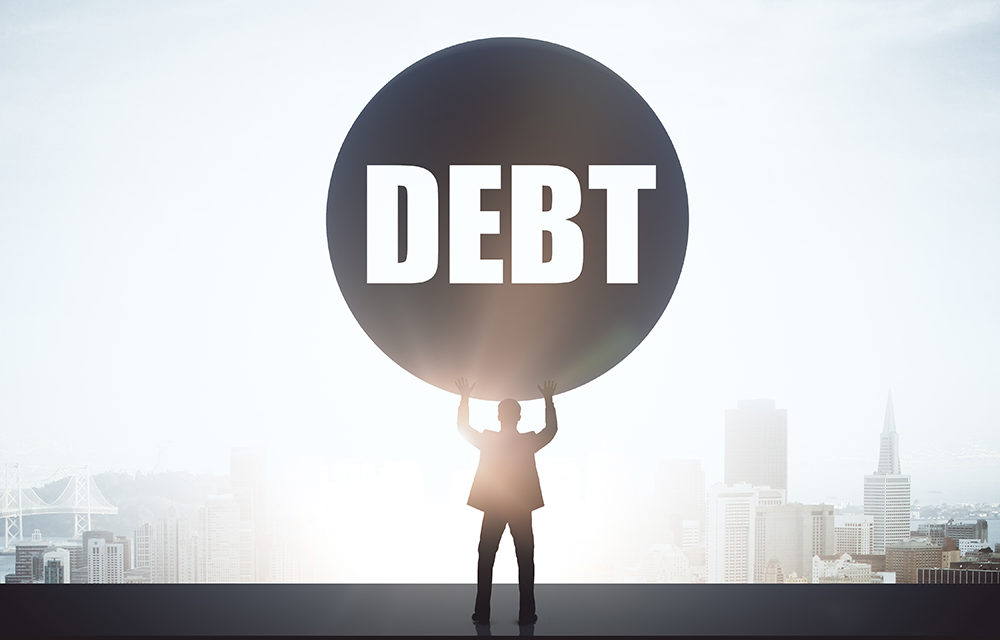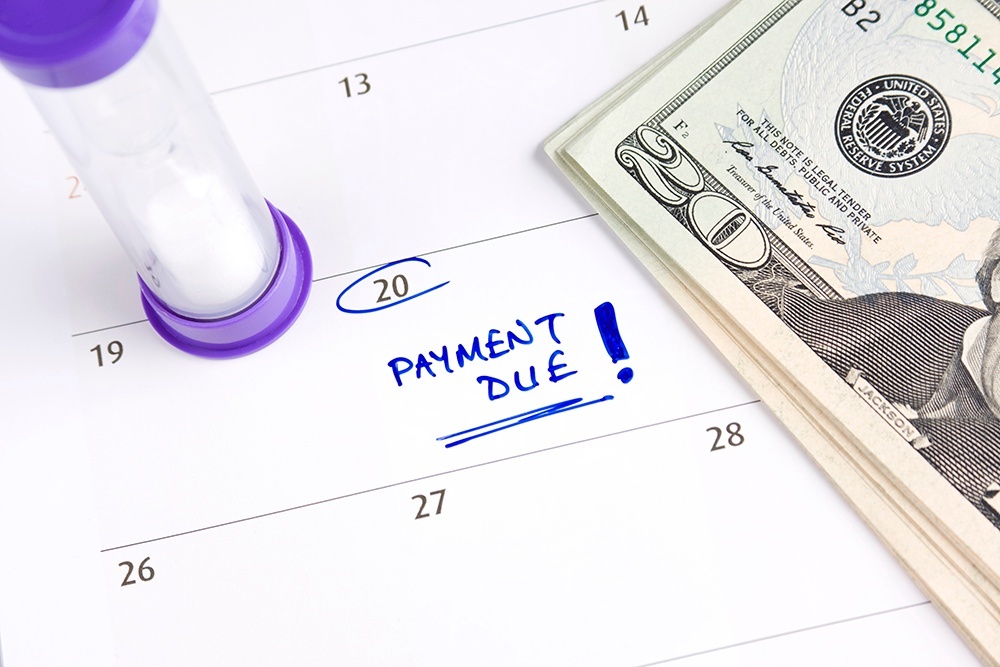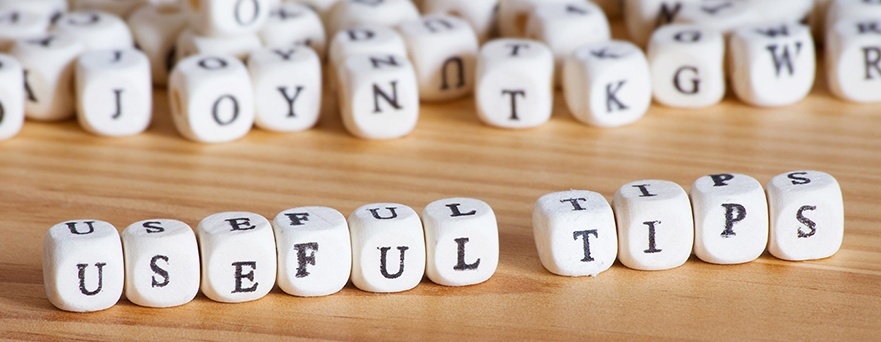
How to Pay Off Credit Card Debt: One Lump Sum vs. Monthly Payments
Did you know that 38.1% of all American households carry some form of credit card debt? This debt can weigh heavily on your credit score, making it more difficult to qualify for loans with desirable interest rates. So if you’re asking yourself ‘should I pay off my credit card,’ our answer is yes – but in a way that works for your unique financial situation.
The monthly payment myth
 Credit utilization makes up 30% of your FICO credit score. Utilization is the ratio of the balance you’re carrying on your card versus the total credit limit. The ideal ratio is to keep your balance under 30% of the total credit limit. For example, if your credit card’s limit is $5,000 – you want to keep less than a $1,500 balance at any given time. Keeping your utilization ratio under 30% shows creditors that you are able to use your credit cards wisely, instead of maxing them out each month.
Credit utilization makes up 30% of your FICO credit score. Utilization is the ratio of the balance you’re carrying on your card versus the total credit limit. The ideal ratio is to keep your balance under 30% of the total credit limit. For example, if your credit card’s limit is $5,000 – you want to keep less than a $1,500 balance at any given time. Keeping your utilization ratio under 30% shows creditors that you are able to use your credit cards wisely, instead of maxing them out each month.
One myth that consistently circulates is that you need to be carrying a balance on your credit card each month to improve your credit. While you do want to continually be using your credit cards and paying them off each month to show responsible money management, it’s more important to concentrate on your credit utilization ratio.
If you’re able to at least decrease your credit card balances under 30% of the total limit, you will see significant improvements in your credit score.
Benefits to paying off a card in full
 Once your balance is reset to zero, you shouldn’t just stop using your credit card. Once it’s paid in full, start using it for only necessary purchases like gas or groceries, and then continuing to pay that balance off each month. This will keep the payment history portion of your FICO score in good standing.If you can afford to pay of your debt quickly, do it! Not only will it improve your credit utilization score, but it will save you hundreds if not thousands in interest. When you carry a balance month after month, your credit card lender will be charging you interest for the amount kept on the card. If you can afford to pay it off immediately, you will say goodbye to that carried interest.
Once your balance is reset to zero, you shouldn’t just stop using your credit card. Once it’s paid in full, start using it for only necessary purchases like gas or groceries, and then continuing to pay that balance off each month. This will keep the payment history portion of your FICO score in good standing.If you can afford to pay of your debt quickly, do it! Not only will it improve your credit utilization score, but it will save you hundreds if not thousands in interest. When you carry a balance month after month, your credit card lender will be charging you interest for the amount kept on the card. If you can afford to pay it off immediately, you will say goodbye to that carried interest.
When to NOT pay in full

There are a few situations in which paying off your card in full is not recommended, and monthly payments would be healthier for your finances. These include:
- If you’d have to delve into your emergency or retirement savings to pay off the bill. Don’t steal money from yourself!
- You have to put a large, but necessary purchase on your credit card. If you have to deal with an expensive car repair that would wipe out your checking account, it’s okay to keep it on your card. Just make sure you have a clear payment plan set up to pay it off as quickly as possible – and you’re using your card with the lowest interest rate.
Useful tips
 If you’re not able to pay off your card in full, here are some helpful tips to improve your credit even if you still have balances remaining.Regardless of whether you’re able to pay off your entire credit card debt at once, or you’re starting to slowly chip away at the balance month by month, the most important part is that you’re actively working to improve your financial situation. Your payment plan has to be what works best for your overall financial picture.
If you’re not able to pay off your card in full, here are some helpful tips to improve your credit even if you still have balances remaining.Regardless of whether you’re able to pay off your entire credit card debt at once, or you’re starting to slowly chip away at the balance month by month, the most important part is that you’re actively working to improve your financial situation. Your payment plan has to be what works best for your overall financial picture.
- If you have multiple credit cards, focus on paying off the card with the highest interest-rate first.
- Take advantage of special offers like 0% interest rates by transferring your balance to that new card and paying it off before the introductory rate expires.
- Once your utilization ratio dips below 10%, FICO doesn’t score higher for a lower percentage. So focus on getting as close to 10% as possible if you can’t get all the way to zero.
To keep track of your current credit situation, visit AnnualCreditReport.com to get a free copy of your credit report from each of the major credit bureaus. Another great resource to learn about your credit score is creditkarma.com. Utilize both of these free financial resources to monitor your credit as you work to pay off your credit card debt.
Keep learning how to improve your credit by subscribing to our Cents to Save blog! Get financial advice and resources straight from the experts and take charge of your financial situation. Sign up now!
-2.png?width=300&height=65&name=AFCU-logo-2019-white-sm%20(1)-2.png)